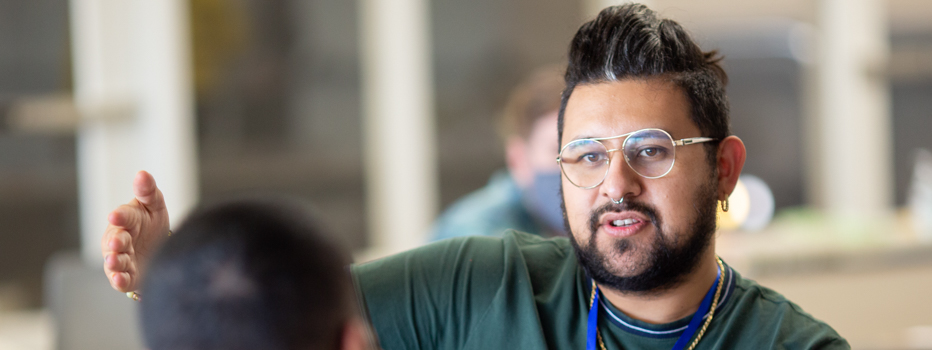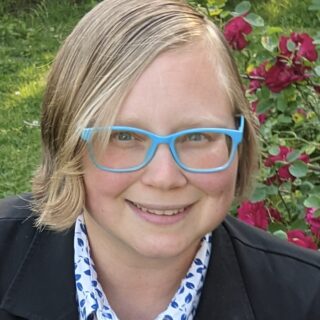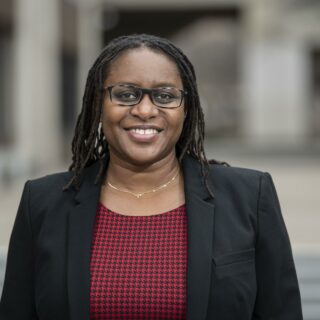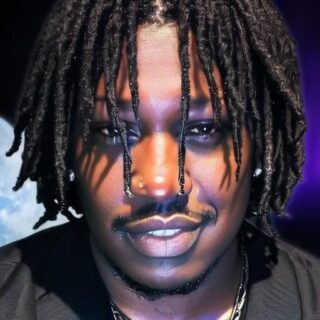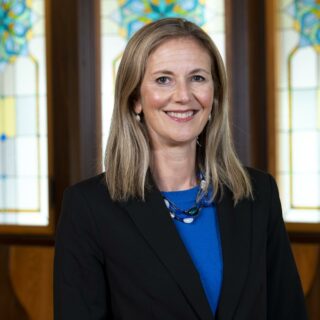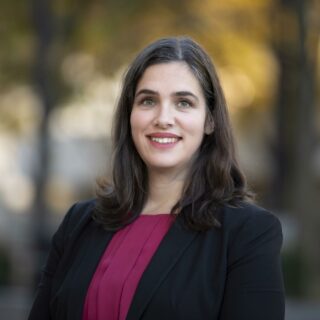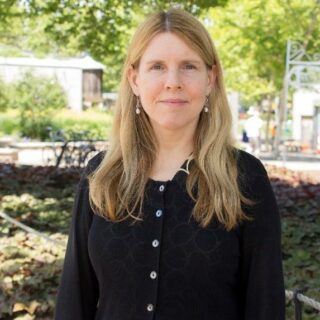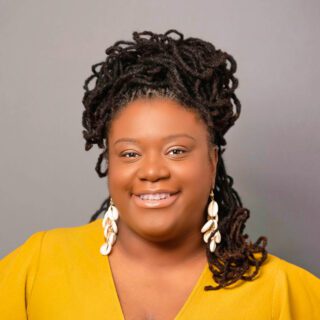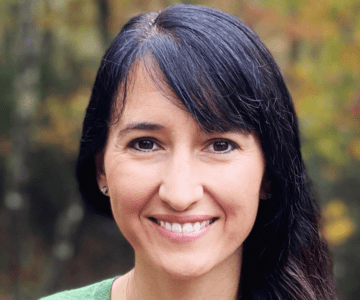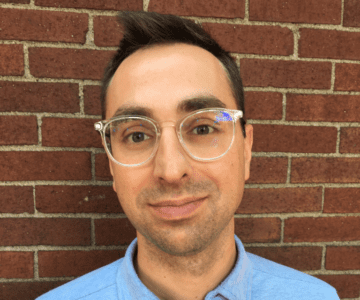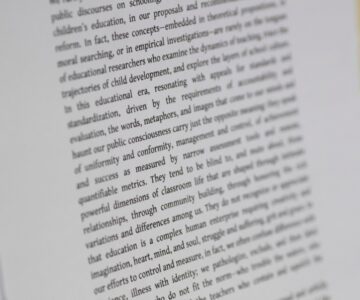Explore the impact of teaching and learning through the interconnection of culture, language, and literacy.
The PhD in Language, Literacy, and Culture (LLC) is focused on the study of cultural, linguistic, social, psychological, and political perspectives on teaching, learning, and teacher education.
LLC is an expansive scholarly landscape that provides opportunities for students to conduct research that will transform education.
Doctoral students in the LLC program pursue their questions and interests and collaborate with faculty on research projects and in teaching undergraduate and graduate courses.


